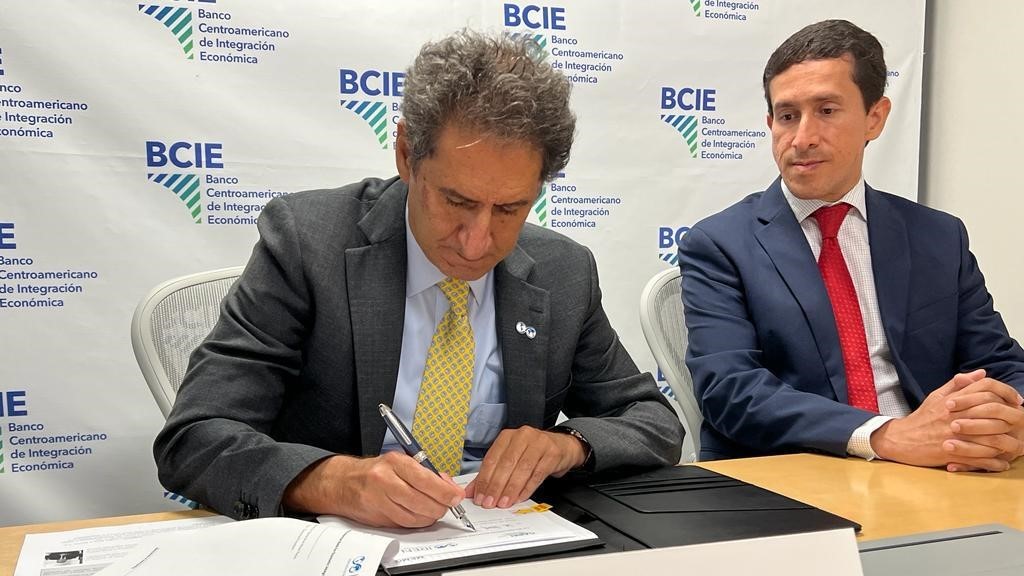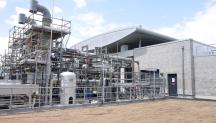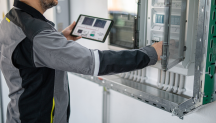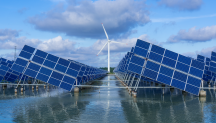

IRENA and CABEI Collaborate on Energy Transition Financing in Central America
Newsletter

New agreement calls for parties to work closely together to facilitate the deployment and financing of bankable renewable energy projects across the region.
Panama City, Panama / Abu Dhabi, United Arab Emirates, 28 September 2022 - The International Renewable Energy Agency (IRENA) signed a Memorandum of Understanding (MoU) with the Central American Bank for Economic Integration (CABEI). Through the partnership, parties will explore cooperation activities scaling up renewable energy investments, promote capacity building activities and exchange knowledge on the investment needs for Central America’s energy transition.
Mr. Francesco La Camera, Director-General of IRENA, and Dr. Dante Reyes, Executive President of CABEI, met in Panama on the 28th of September 2022 to sign the MoU.
“A renewables-based energy transition carries with it great promise for Central America,” said IRENA Director-General, Francesco La Camera. “As the region’s population continues to rapidly grow, so does its need for greater investments in resilient and reliable energy resources that can ensure energy access, meet climate objectives and support economic progress. We are proud to collaborate with CABEI.”
CABEI's Executive President, Dr. Dante Mossi, said, "the agreement will allow us to deepen the exchange and generation of knowledge for the benefit of the Central American region, identifying solutions that facilitate the region's integration in sustainable mobility and energy issues in order to mitigate the negative effects of climate change.”
According to IRENA’s Renewable Energy Roadmap for Central America, building a portfolio of bankable renewable energy projects is an immediate regional priority. The roadmap finds that renewables need to make up 75% of the region’s power mix by 2030, and grow three-fold by 2050 to achieve climate targets. It also finds the integration of additional renewable energy capacity feasible, considering the competitive generation costs and declining cost trends for the main renewable technologies installed in the region: hydro, onshore wind and solar PV.
To support national and regional energy targets in Central America, IRENA and CABEI are also expected to explore collaboration under IRENA’s regional project faciltiation initiatives such as the Climate Investment Platform (CIP) and Energy Transitions Accelerator Financing (ETAF) platform.




